With advantages in cost benefits, scalability and quick service response, digital banking models like Cake by VPBank are making significant contributions to efforts to promote financial inclusion.
Expanded access to financial services
Vietnam has made great strides in promoting financial inclusion, Ms. Nguyen Thuy Duong - Chairman of the Board of Directors of EY Vietnam Company, assessed at the financial inclusion conference at the end of November. According to the Global Financial Inclusion Index 2024 ranking by Principal Financial Group, Vietnam ranked 3rd in the ASEAN region (after Singapore and Thailand), ranked 14th in the world .
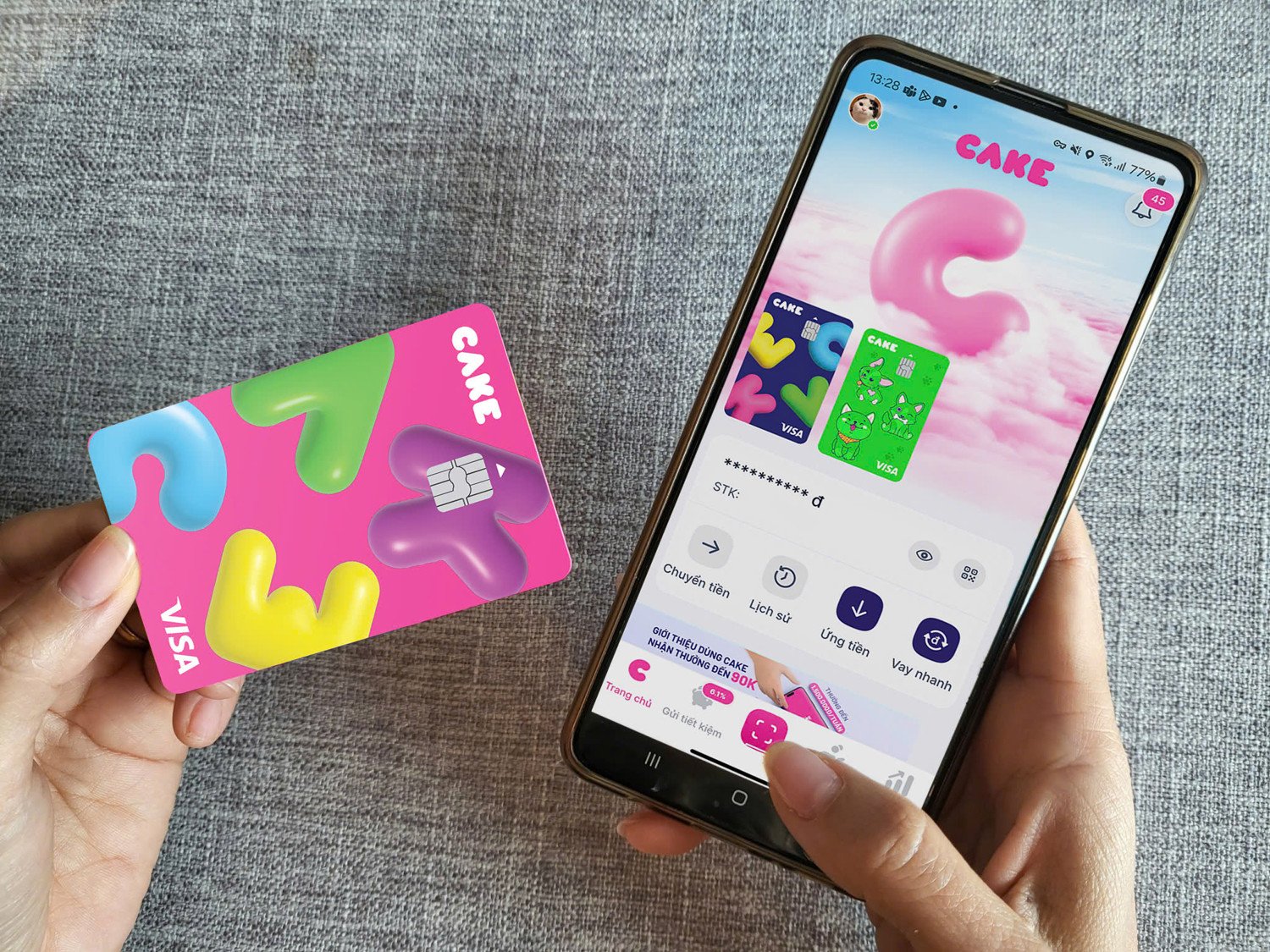
About 87% of adults have payment accounts, up from 31% in the 2015-2017 period. This figure has exceeded the target of 80% under the National Financial Inclusion Strategy 2025 with a vision to 2030 approved by the Prime Minister in 2020.
Smartphones and technological developments are believed to be the reasons for the expansion of the circle of financial inclusion in terms of user size, number of services, and the increasingly active participation of financial service delivery models.
A decade ago, it was the acceleration of consumer finance companies serving the “subprime” customer group of traditional banks. Later, the game changed completely with the emergence of fintech models to digital banks.
Digital banking is the newest model, but the initial steps show impressive results in expanding the circle of access to financial services. For example, in the case of Cake, the number of users quickly reached 3 million in the first 2 years when this digital bank started operating, then increased to 4.1 million in 2023 and nearly 5 million in 2024. The total credit registration file averages 400,000 per month, a significant number considering the pure digital banking model in Vietnam.
One of the reasons for its rapid growth is that this digital bank focuses on meeting the needs of its target customer group with a wide range of easily accessible financial products and services, with an ecosystem that includes many other services (ride-hailing apps, telecommunications, entertainment, etc.). Without the need for a physical branch, Cake operates 100% online and offers many completely free services. Customers only need a smartphone with internet connection and a citizen ID card to access a comprehensive range of products from opening a payment account, to savings, to credit cards, consumer loans, buy now, pay later, etc. and even fund certificate investment links. Cake users also use the application many times, with a regular customer rate of up to 95% for basic financial services (financial basis).
Digital banking helps speed up progress
Despite the great strides made in recent times, there is still a significant gap in access to adequate and appropriate financial services. For example, a survey by EY Vietnam shows that among the “unbanked” group, 42% of respondents said they had used informal services such as borrowing from acquaintances, hot loans, and savings and loan association games in the past year.

The burden on financial service providers is the high cost of small-scale transactions. Meeting the large number of transactions also requires the quality of the technology system, ensuring smooth, safe and fast transactions.
The opportunity to accelerate access to comprehensive finance therefore comes entirely from the digital banking model, with its advantages in terms of cost, speed and flexibility. Not only fully meeting the financial needs of subprime customers, this model also contributes significantly to popularizing smart consumer finance and promoting economic growth through other financial services.
These advantages come from technology, which is the strength of the digital banking model. For example, Cake is currently strong in mastering many different technologies, such as eKYC (electronic identification), open banking (open banking service - helps integrate additional financial services from other parties), core-card on the cloud (helps speed up card payments, optimize costs, flexibly customize, quickly respond to customer needs); to AI applications in the entire operating process (from registration, approval to service implementation ...).
Pure digital banking is still very new not only in Vietnam but also in the world. In Vietnam, Cake is a rare unit in the top 5% of effective digital banks globally. Cake's average revenue per user in 2024 will be 3 times higher than in 2023.
The comprehensive financial circle is therefore expected to expand faster with the participation of pioneering, effective models that meet the actual needs of the market.
Dinh Son
Source: https://vietnamnet.vn/ngan-hang-so-mo-rong-kha-nang-tiep-can-tai-chinh-toan-dien-2355566.html






![[Photo] Prime Minister Pham Minh Chinh receives Lao Minister of Labor and Welfare Phosay Sayasone](https://vphoto.vietnam.vn/thumb/1200x675/vietnam/resource/IMAGE/2025/11/11/1762872028311_dsc-2246-jpg.webp)







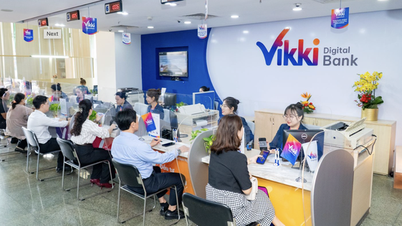

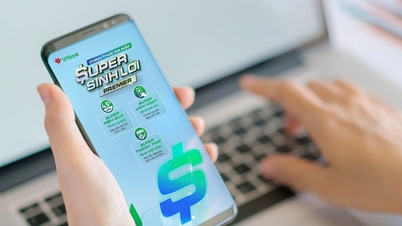
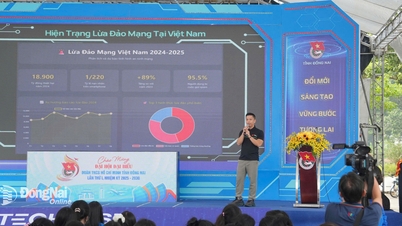

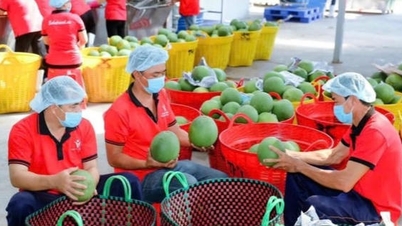

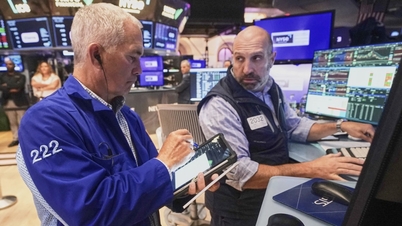























































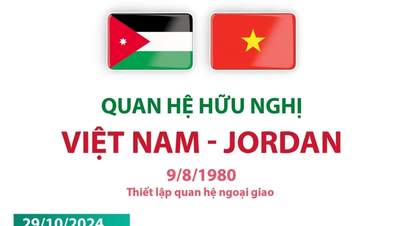










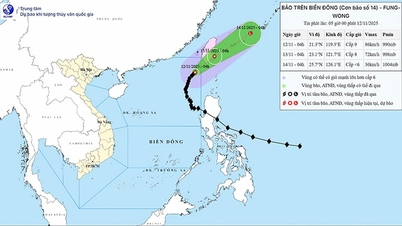






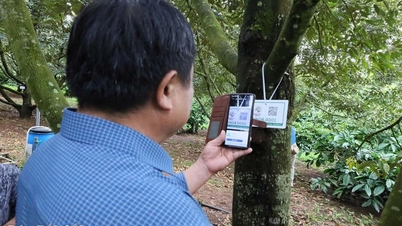




![Dong Nai OCOP transition: [Article 3] Linking tourism with OCOP product consumption](https://vphoto.vietnam.vn/thumb/402x226/vietnam/resource/IMAGE/2025/11/10/1762739199309_1324-2740-7_n-162543_981.jpeg)








Comment (0)